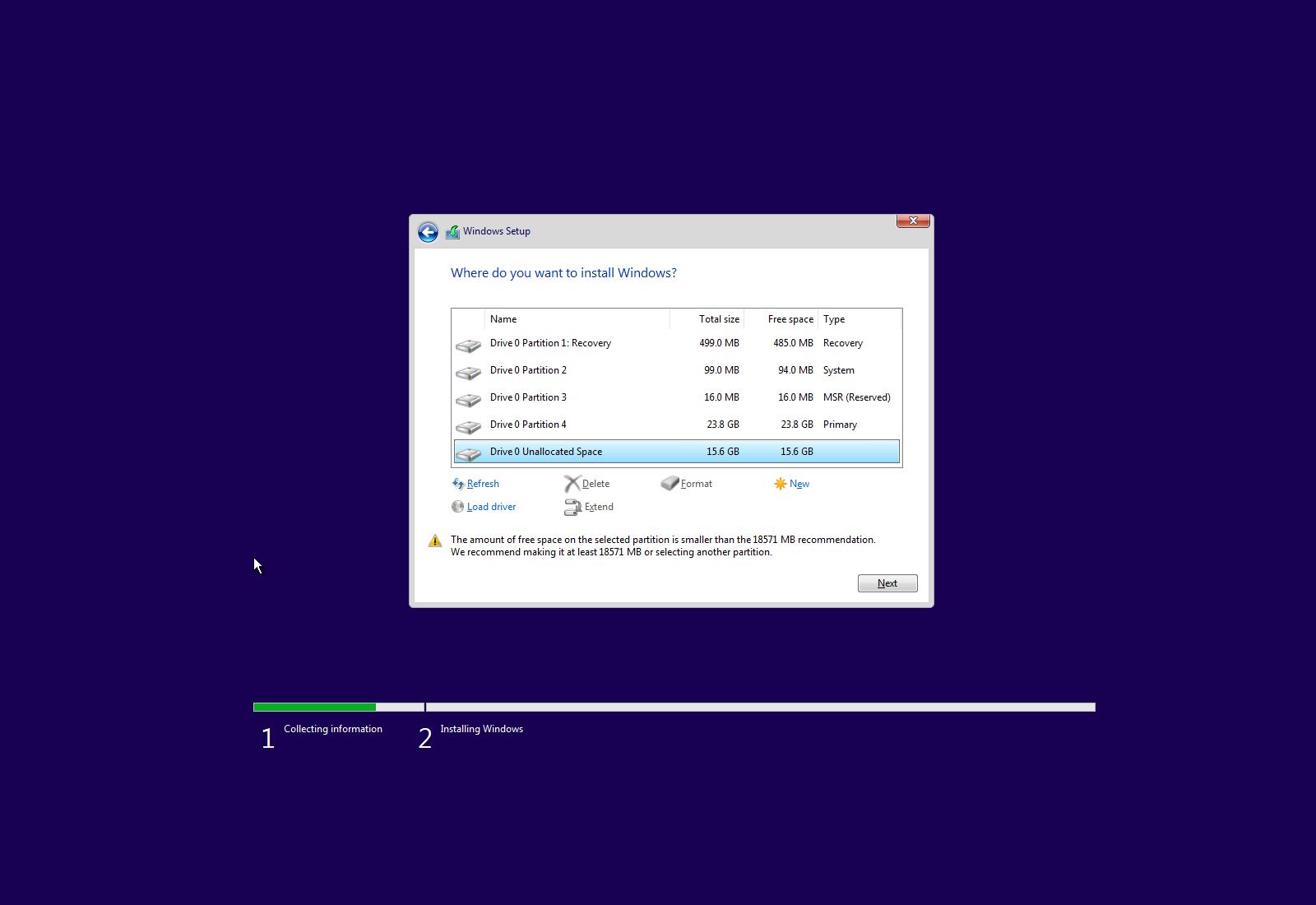How to Become a Voice Actor

The media and entertainment world is expansive and full of opportunities for the creative and adventurous. The mesmerizing magic of movies, television, radio, video games, and e-learning platforms is fueled by a range of professionals including those who provide the voices that bring characters, narrations, and messages alive. This incredible skill, voice acting, is a vastly important field, offering many voice-acting jobs across various platforms and genres. But how to become a voice actor? This comprehensive guide takes you through every step of the journey.
What is Voice Acting?

Voice acting is the art of performing voice-overs or providing voices to represent characters, narrate stories, or render dialogues. Beyond mere speech, voice acting involves using nuances of tone, emotion, and timing to communicate and connect with the audience effectively.
What Are the Different Types of Voice Acting Jobs?
Voice actors can work in various areas including voice-acting animation, voice-acting video games, voice-acting e-learning, voice-acting audiobooks, voice-acting podcasts, voice-acting commercials, voice-acting television, and voice-acting film. Each area provides unique voice-acting roles and opportunities that contribute to the diverse landscape of the voice-acting industry.
What Are the Benefits of a Career in Voice Acting?
A career in voice acting offers multiple benefits. Voice actors have the flexibility to work from almost anywhere. Especially with a voice acting studio at home, their work can be conducted at any time of day. Also, this profession can be incredibly rewarding creatively, offering endless opportunities to portray different characters and emotions.
What Skills and Qualities Do Voice Actors Need?
To be successful in voice acting, the first requirement is a naturally good, clear voice. Essential skills include the ability to control pitch, volume, rate, and quality of delivery. Good diction, accurate pronunciation, fluency in languages, and a knack for mimicking accents (voice-acting accents) and dialects (voice-acting dialects) can be beneficial. Finally, essential qualities include a willingness to learn, adaptability, and resilience.
How to Become a Voice Actor

Voice acting is a unique and rewarding career path that allows you to use your voice to breathe life into various media types — from animated films and video games to radio adverts and audiobooks. However, getting started in voice acting requires much more than just a good voice. Here is a step-by-step guide on how to become a voice actor.
Develop Your Voice Acting Skills
Anyone aspiring to become a voice actor must begin by developing their voice acting skills. Start with voice acting exercises, including voice acting warm-up and voice acting cool-down activities. You could also use voice-acting dictation exercises to improve clarity and cadence.
Take Voice Acting Classes or Workshops
Learning is a never-ending aspect of the profession. Voice-acting training sessions or workshops can equip you with advanced techniques and methods. Several voice-acting schools and universities offer dedicated programs.
Practice Reading Scripts Aloud
This is analogous to an actor’s rehearsal. Reading scripts aloud helps you understand the dynamics of pronunciation, modulation, and timing, necessary for voice-acting roles.
Record Yourself and Listen Back to Your Work
Invest in voice acting equipment like a good microphone and voice acting software to record your voice. This allows you to identify areas requiring improvement.
Get Feedback from Other Voice Actors or Coaches
Engage with voice acting coaches or peers for feedback on your work. Constructive criticism can immensely improve your performance.
Get the Right Equipment
Invest in a good microphone and soundproof your recording space. The ideal would be to set up a voice acting studio at home, but if that’s not possible, consider finding a studio to rent.
Create a Demo Reel
This showcases your voice acting skills to potential hiring agents or clients and should entail a mix of scripts emphasizing your versatility.
Start Auditioning
Seek auditions and apply for voice acting jobs online or via agents. Have your voice acting demo and resume ready and be prepared to read for various voice acting roles.
Master Your Trade
Continue honing your skills and increasing your knowledge base by attending voice acting lessons and receiving further voice acting coaching. Experiment with various genres like voice acting comedy, voice acting drama, voice acting animation, and voice acting improvisation. Advanced voice acting skills such as voice acting character voices, voice acting accents, and voice acting dialects can also help you stand out in the crowd.
Stay Consistent and Persistent
Like any other profession, it takes time to build a successful career in voice acting. Keep learning and keep trying. The voice acting industry rewards those who consistently strive for excellence and have the patience to wait for their big break.
Following these steps will get you started on your voice acting journey. Remember, success in voice acting isn’t just about the sound of your voice; it is about the skillful employment of voice acting techniques and a dedication to the craft. So, start today and explore the exciting world of voice acting!
Network with other Voice Actors and Industry Professionals

Connect with fellow voice actors, agents, and voice acting casting directors. Participate in voice acting conferences and workshops and join professional voice acting organizations.
Tips for Success in Voice Acting
Succeeding in voice acting takes determination, patience, and the right approach. Here are several key tips that can help you pave your way to a thriving voice-acting career:
- Keep Learning: The field of voice acting is ever-evolving. Continuous learning and skill development are crucial. Use voice acting lessons, workshops, and coaching resources to advance your craft.
- Versatility is Key: Voice acting requires the ability to portray various characters, emotions, and tones. Work on expanding your range of voices, accents, and dialects.
- Invest in Quality Equipment: Investing in reliable voice-acting equipment such as good microphones and recording software can make a significant difference in the quality of your work.
- Create a Compelling Demo Reel: Your voice-acting demo is your calling card. It should highlight your range, express your unique abilities, and showcase your best work.
- Network and Build Relationships: Make connections with others in the industry. Attend voice acting conferences and workshops, join online communities, and network with voice acting casting directors and agents.
- Stay Healthy: Voice acting is physically demanding, but the importance of maintaining vocal health is often overlooked. Regular vocal warm-ups, cool-downs, and hydration are essential.
- Practice Regularly: Practice your delivery and reading and interpreting scripts. Regular practice will help you identify and hone your unique voice acting style and technique.
- Embrace Rejection: Handling rejection is a fundamental part of every actor’s journey. Rejection is not a reflection of your talent but a part of the process. Learn from each experience and keep going.
- Persistence and Patience: Building a career in any field takes time, and voice acting is no exception. Be patient yet persistent, and remember that every job is a stepping stone towards your career goal, no matter how small.
- Stay Professional: Honoring commitments, punctuality, and respect for other people’s time can go a long way in building a reliable reputation in the industry.
Frequently Asked Questions
1. What is Voice Acting?
Voice acting refers to the use of voice by actors to represent characters or provide narrations across various forms of media. This might involve using different tones, accents, dialects, and emotions to bring characters to life and to create a compelling story.
2. What Are the Different Types of Voice Acting Jobs?
Fortunately, there is a broad spectrum of voice-acting jobs available. These range from voice-over roles in commercials, audiobooks, podcasts, and e-learning platforms to character voices in animated movies, television series, and video games.
3. Do I Need Specific Training to Become a Voice Actor?
Yes. Although having a good, clear, and versatile voice is a key prerequisite, aspiring voice actors should also invest in professional voice acting training. Engaging with voice acting coaches or enrolling in workshops or acting schools can provide formal learning and opportunities for practical application.
4. What Kind of Equipment Do I Need to Get Started?
A good-quality microphone and voice recording software are vital at a basic level. Soundproofing your recording area and possible home studio setup may be necessary as you progress.
5. How Do I Start Getting Voice Acting Jobs?
Start by creating an impressive demo reel to showcase your capabilities. Distribute this repertoire through digital platforms, agents, and directly to companies that hire voice actors. Consistently attending auditions and making industry connections are also crucial.
6. How Can I Enhance My Voice-acting Skills?
Practicing regularly, recording yourself, and critically analyzing your performance are all important. Additionally, further formal training, attending workshops and conferences, joining professional communities, and getting feedback from veteran voice actors or coaches can provide substantial benefits.
Conclusion
Embarking to become a voice actor is an exciting and rewarding endeavor. It requires talent, dedication, continuous learning, adaptability, and resilience. With the right training, regular practice, constructive feedback, and the appropriate equipment, you will have the foundation to forge a successful career in the diverse voice-acting industry. Beyond these basics, securing voice acting roles also demands professionalism, networking skills, and patience. By following the steps outlined in this article, along with a genuine passion for the craft, you place yourself in a strong position to break into the industry and make your mark as a voice actor. Remember, each voice-acting role you land, no matter how small, brings you one step closer to realizing your dream. So stay persistent, keep learning, and keep moving forward.




